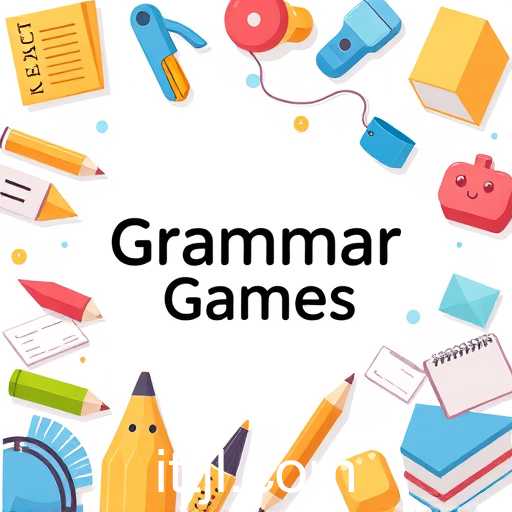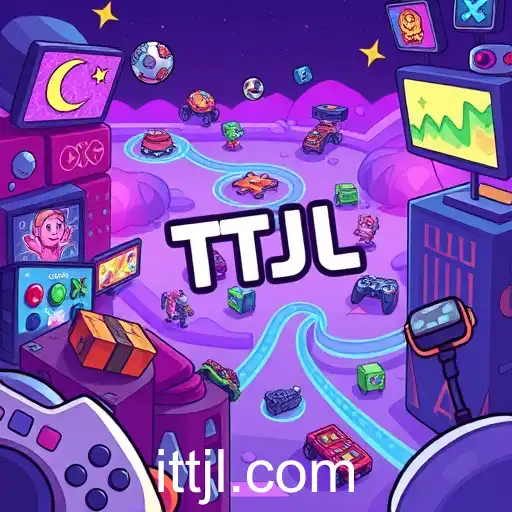Grammar Games


Exploring the Educational Potential of Grammar Games

In today's digital age, educators are constantly seeking innovative ways to engage students and enhance their learning experience. One such method that has gained popularity is the use of grammar games. These games, often available online or as part of educational software, offer an interactive platform for students to learn and reinforce their understanding of grammar in an engaging manner. Grammar games come in various formats, from simple quizzes and puzzles to more complex simulations that challenge students to apply grammar rules in different contexts. This diversity ensures that learners of all ages and proficiency levels can find a game that suits their needs.
One of the key benefits of grammar games is their ability to transform learning from a passive to an active experience. Instead of merely memorizing rules, students can interact with the material, making mistakes and learning from them in real time. This interactive approach not only makes learning more enjoyable but also helps reinforce the content being taught. Additionally, grammar games often include features that provide instant feedback, allowing learners to quickly understand their errors and correct them.
Moreover, grammar games can help cater to different learning styles. Visual learners can benefit from games that involve matching words with images or arranging parts of speech within a sentence. Auditory learners, on the other hand, may find games that incorporate listening exercises and verbal instructions to be particularly useful. By addressing multiple learning preferences, grammar games ensure a more inclusive approach to education.
Furthermore, the competitive element inherent in games can drive motivation and engagement. Many grammar games include leaderboards, rewards, or levels that encourage students to improve their performance and achieve higher scores. This gamified aspect can be a powerful motivator, especially for younger learners who thrive in environments where they can see clear progress and goals.
Incorporating grammar games into the curriculum can also foster collaboration among students. Many games offer multiplayer options or require teamwork to solve puzzles, promoting communication and cooperation skills. This social aspect of gaming can help build a supportive learning community where students learn from one another.
Overall, grammar games are more than just a fun way to kill time; they are a rich educational resource that can significantly enhance language learning. By making grammar engaging and accessible, these games help break down the perceived complexity of learning languages, allowing students to develop their skills more effectively and confidently.
Emerging Trends in Gaming: TTJL's Impact
Exploring the influence of TTJL on the gaming landscape and its implications for the future.
The Rise of TTJL in the Gaming World
Exploring the impact of TTJL on the English gaming website landscape in 2025.
Exploring the Evolution of Online Gaming Communities
An in-depth look at the current state of online gaming communities, highlighting innovations, challenges, and future trends within the industry.
 Skip to content
Skip to content




